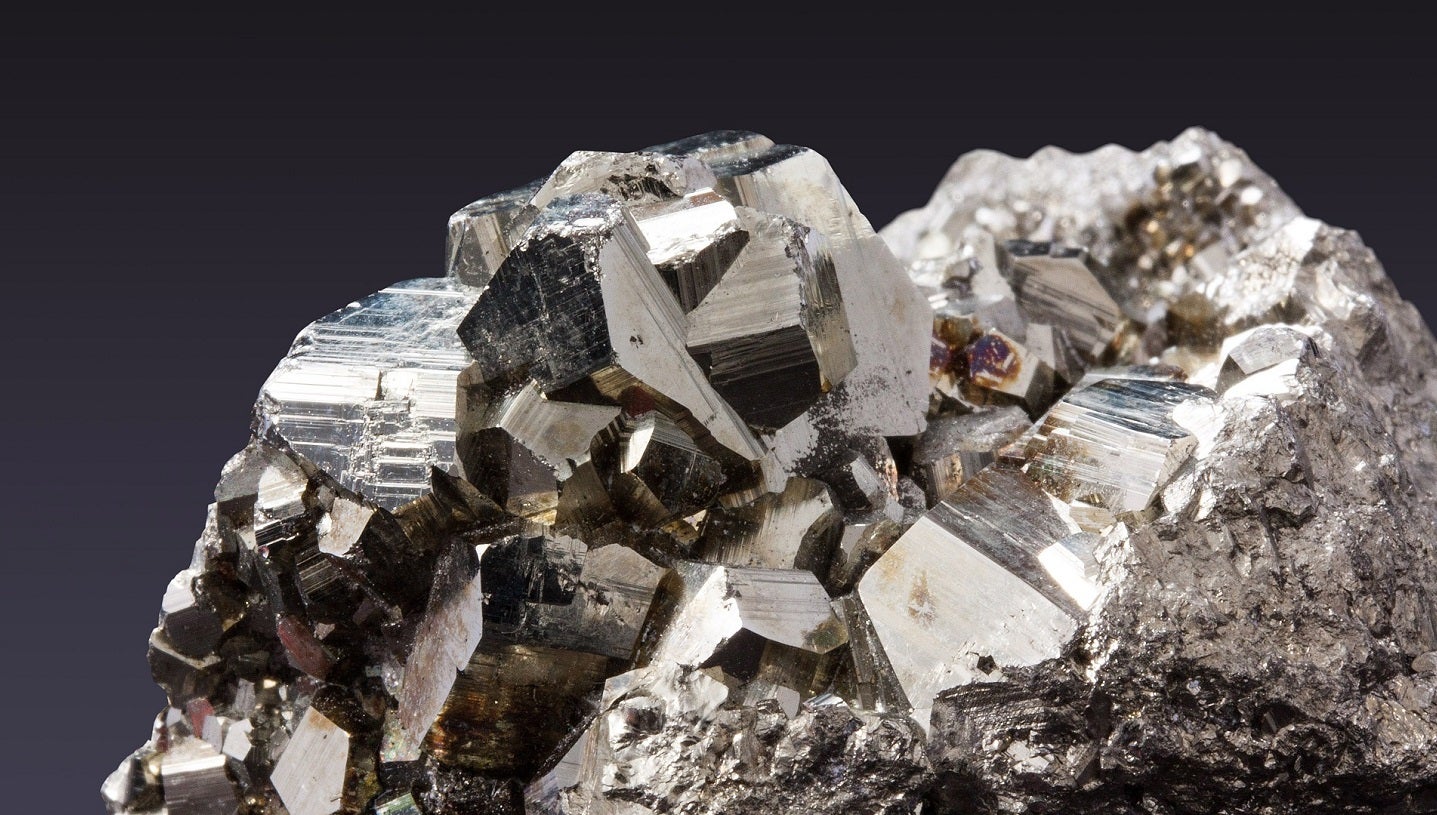As tensions with Russia and China escalate, the so-called BRICS countries (Brazil, Russia, India, China, and South Africa) are preparing to strike a blow against U.S. dollar hegemony.
Last week, the Russian Embassy in Kenya declared, “The BRICS countries are planning to introduce a new trading currency, which will be backed by gold.”
Although any claims coming from Russian sources invite skepticism, independent analysts expect BRICS to continue to pursue de-dollarization and for gold to play a role in that process.
A more specific framework for a gold-backed BRICS currency could be announced during the BRICS summit being held next month in South Africa.
Investors shouldn’t expect China or other major powers to declare an immediate abandonment of the Federal Reserve note “dollar” in international trade. For now, there exists no single, universally preferred alternative.
Leslie Maasdorp, Vice President of the BIRCS New Development Bank said, “It’s going to take a very long time for currency movements to take shape so any discussion of alternate currencies is indeed a much more medium and longer-term aspiration.”
That said, the trend of de-dollarization isn’t some far-off future fantasy. It is happening now. Federal Reserve notes as proportion of foreign reserves have been steadily declining over the past few years.
Russia has had no choice but to pursue alternatives to the dollar in response to it being blacklisted from the SWIFT international payments regime.
Other nations have taken note of this retaliatory blacklisting – something the U.S. hadn’t even done during the Cold War – and have been increasingly repatriating their gold holdings to insure against future attacks or sanctions.
Now China is looking to strike back at the U.S. as well.
President Joe Biden called China’s Xi Jinping a “dictator.” Biden administration officials attempted to downplay the characterization. But offense was clearly taken by the Chinese Communist Party.
China moved to enact export controls on critical commodities, including rare earth metals. The United States is nearly 100% dependent on China to supply certain of these rare earths which are needed in high-tech and energy applications.
Treasury Secretary Janet Yellen went to Beijing to try to assuage the Chinese, insisting she wants the two powers to remain trading partners rather than adversaries.
Implicit in her appeal to China is that any move on the part of the Chinese to ditch the U.S. dollar and conduct trade in an alternative gold-backed currency would be viewed as an escalation of hostilities.
Of course, there is nothing the Biden administration can do to prevent China, its trading partners, or other countries around the world from continuing to accumulate gold as monetary reserves.
The mere fact that gold is being considered by BRICS countries as a basis for international trade should incentivize central banks – and individual investors – to accumulate precious metals. If gold’s role as a global alternative currency is to increase, then so, likely, will its price.
********




